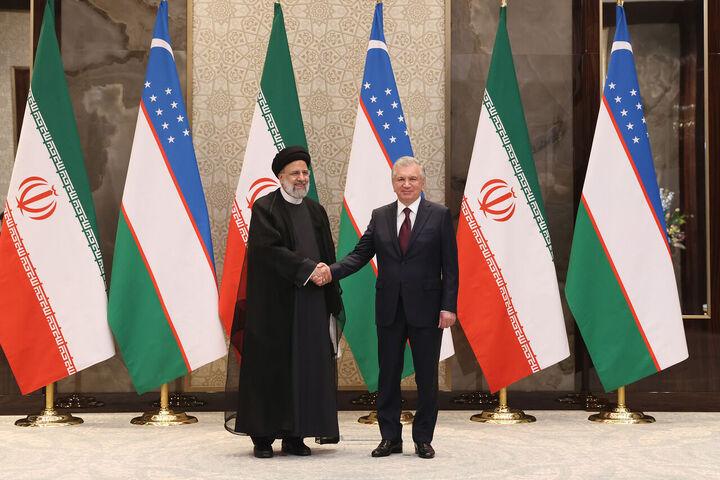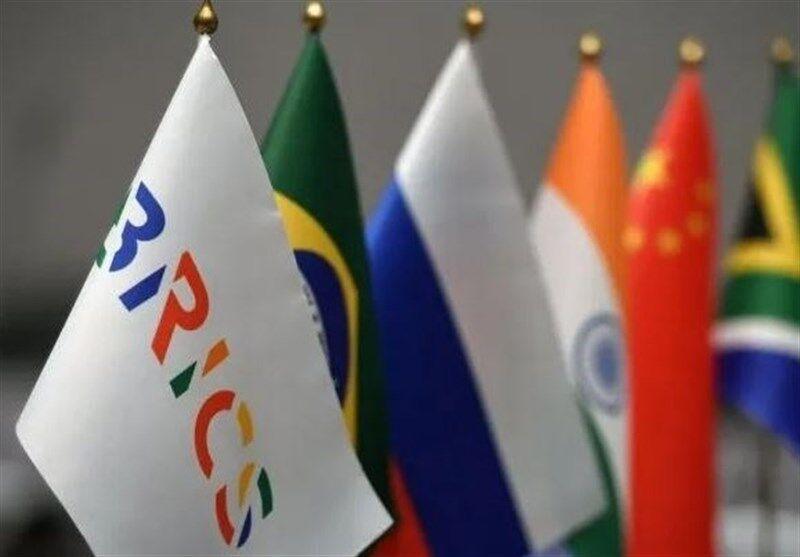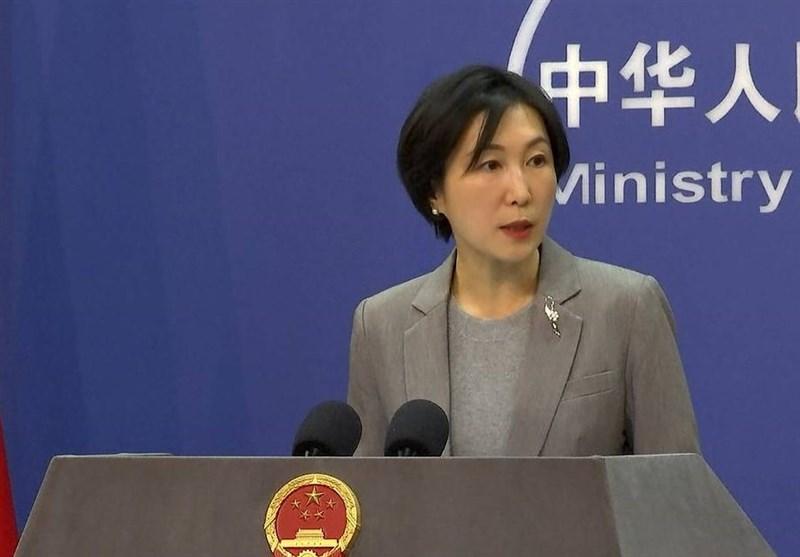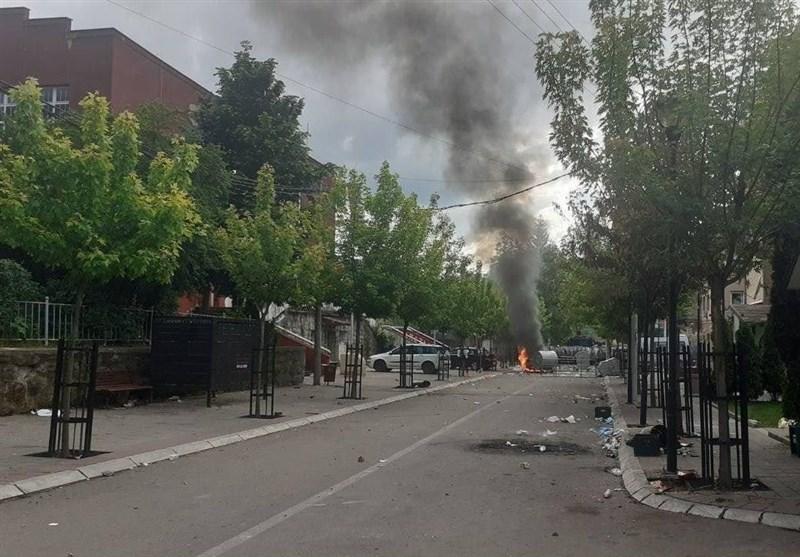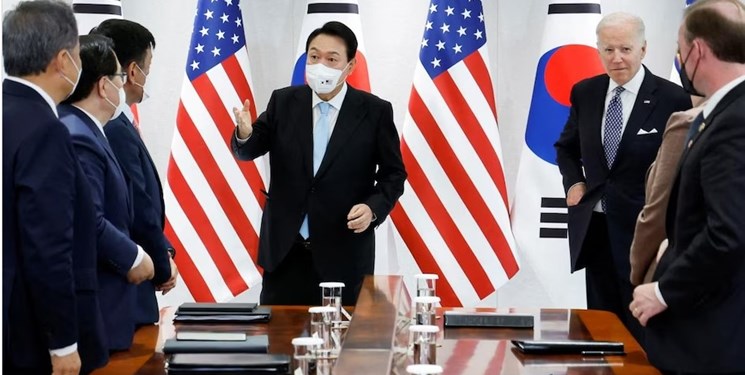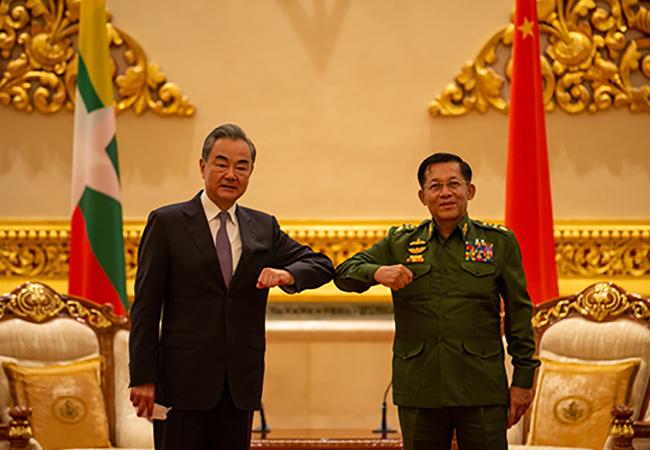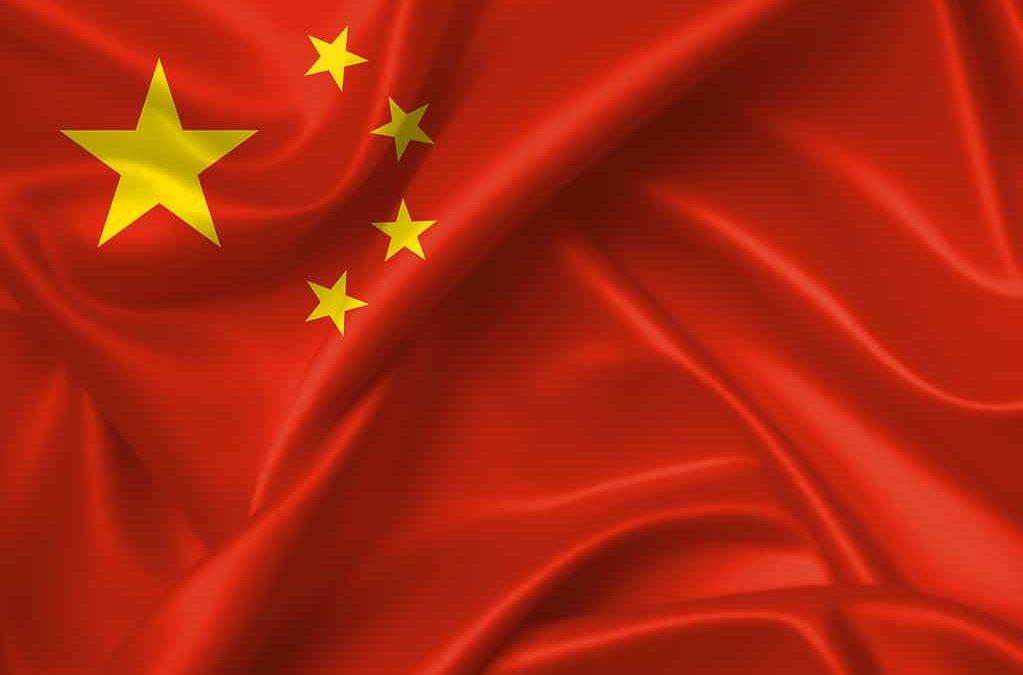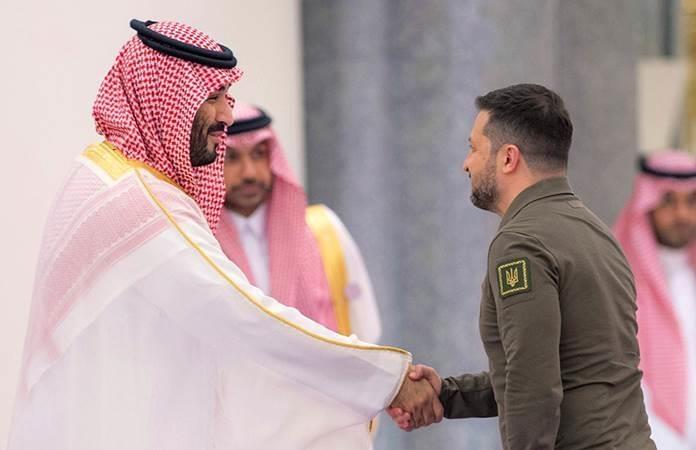Impact of Student Protests on Relative Reduction of American & Western Support for Israeli Regime
Strategic Council Online- Interview: An expert on international issues said that student protests by supporters of Palestine are having a relative effect on the policy of the United States and the West towards the Israeli regime.










